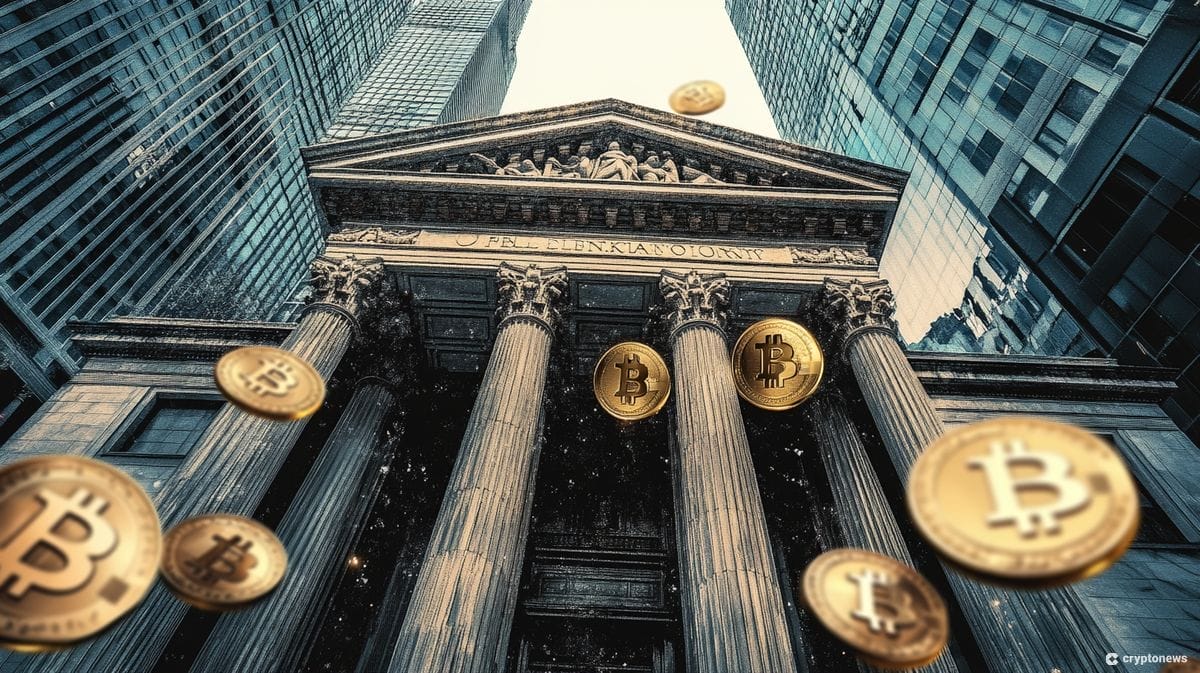Former FTX executive Ryan Salame is set to begin serving a 7.5-year prison sentence after pleading guilty to campaign finance violations and operating an unlicensed money transmitter business. Despite his attempts to delay his surrender date due to medical treatment, a recent interview with Tucker Carlson may have contributed to the judge’s decision to proceed with his imprisonment. Salame’s appearance on the show raised questions about the veracity of his statements and the circumstances surrounding his guilty plea.
Salame claimed that prosecutors threatened his loved ones if he did not plead guilty to the charges, which led to the indictment of his partner, ex-congressional hopeful Michelle Bond. He later attempted to withdraw his plea, citing failures in legal counsel and alleged political motivations within the Department of Justice. His refusal to testify at FTX founder Sam Bankman-Fried’s fraud trial and his association with the now defunct crypto exchange have raised speculation within the crypto community about the reasons behind his sentence.
In contrast, another key figure in the case, former Alameda Research CEO Caroline Ellison, received a much shorter prison term of two years after cooperating with the government. Salame criticized the government for offering leniency to individuals who comply with their narrative while intimidating those who may present counterpoints. His involvement in the case sheds light on the complex legal and ethical issues surrounding the regulation of cryptocurrencies and the prosecution of individuals in the industry.
The reasons behind Salame’s conviction and sentencing highlight the challenges faced by individuals involved in the cryptocurrency sector, particularly in relation to regulatory compliance and legal oversight. The case also raises questions about the accountability of executives in the industry and the potential risks associated with operating in a rapidly evolving and often ambiguous legal environment. As the crypto market continues to expand, the need for clear regulatory guidelines and enforcement mechanisms becomes increasingly important to ensure the integrity and security of the ecosystem.
The role of media in shaping public perception and influencing legal proceedings is also evident in Salame’s case, as his appearance on a popular news program may have impacted the judge’s decision regarding his imprisonment. The power of social media and online platforms to disseminate information and shape public discourse highlights the interconnected nature of the digital world and its impact on traditional legal processes. As cryptocurrencies and blockchain technologies gain mainstream recognition, the intersection of media, law, and technology will continue to play a critical role in shaping the future of the industry.
Overall, Ryan Salame’s case serves as a cautionary tale for individuals operating in the cryptocurrency space, emphasizing the importance of ethical conduct, regulatory compliance, and transparency in all business dealings. The challenges and consequences of legal violations in the industry underscore the need for individuals to uphold high standards of integrity and accountability to avoid legal repercussions and protect the reputation of the sector as a whole. As the crypto market continues to evolve, the lessons learned from cases like Salame’s will inform future regulatory efforts and industry practices to ensure a secure and ethical digital economy for all stakeholders involved.


























